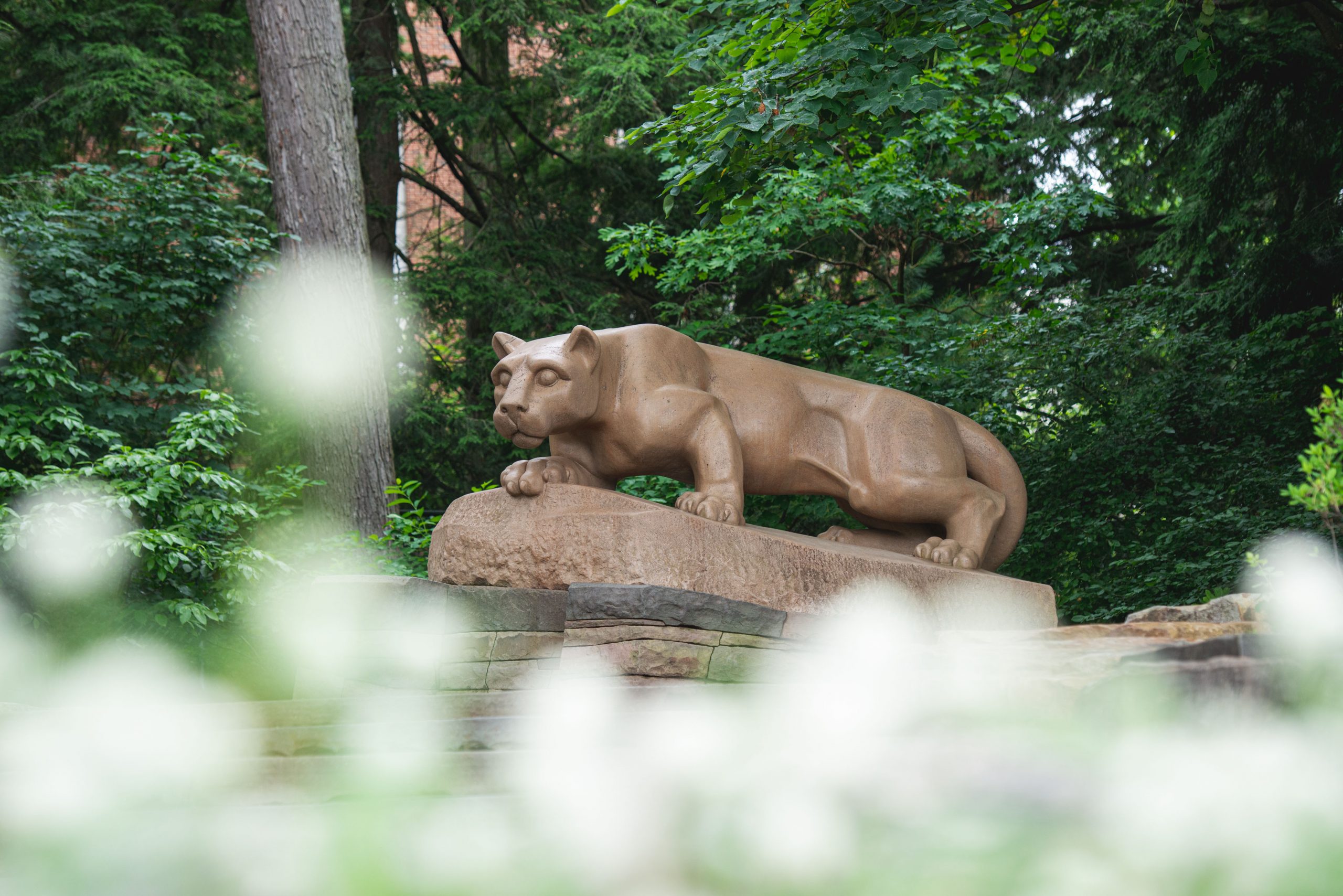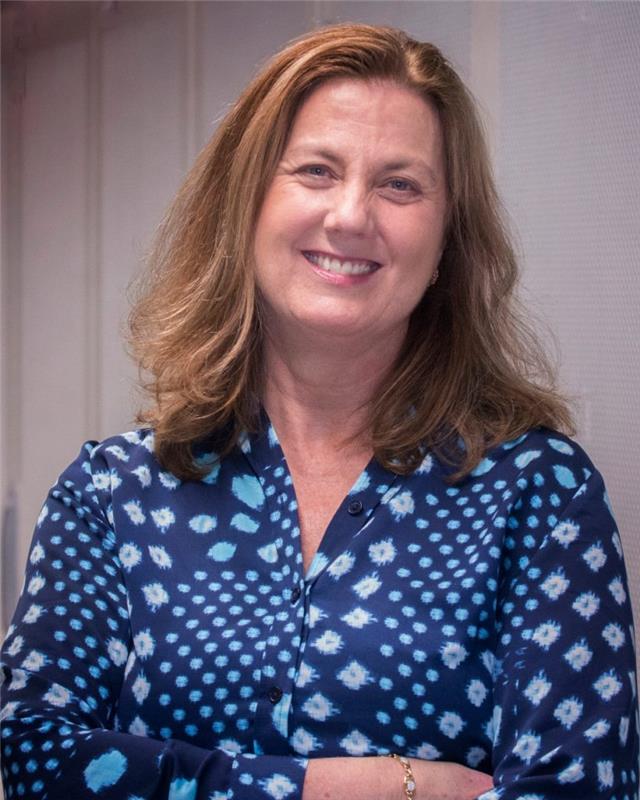
ICDS associate director focuses research, initiatives on emerging technologies
Posted on August 8, 2024UNIVERSITY PARK, Pa. — Emerging technologies using computer science, engineering and data are on the mind of Penn State Institute of Computational Data Sciences (ICDS) Associate Director Mahmut Kandemir, who is also a distinguished professor of computer science.
Kandemir has been a part of ICDS for around six years, first starting as part of the faculty council and then rising to associate director two years ago.
Currently, Kandemir is leading three initiatives within ICDS including: intelligent cyberinfrastructure using machine learning and/or artificial intelligence (AI) as a virtual adviser, quantum computing and sustainable computing.
“The main goal [of the quantum computing initiative] is to provide early innovation of quantum computing and organize practical efforts within Penn State to initiate large quantum computing proposals,” Kandemir said.
Additionally, the initiatives are using developing technologies and smart manufacturing to float sophisticated decisions to AI to see big picture conclusions and solve problems that can’t be solved with classical computers used today, according to Kandemir.
Kandemir is also working on a sustainable computing initiative looking at using and producing devices in an “energy-friendly manner,” Kandemir said.
“The computer [and other technology] is a big contributor to the carbon footprint across the world,” Kandemir said. “During the production of machines, and when using machines, we are looking at ways in which we can reduce the carbon footprint. Strong collaborations are needed with the Institute of Energy and Environment to better understand the carbon footprint concept and its impact. In particular, it’s not accurate to equate energy optimization with sustainable computing. It requires new methods and methodologies.”
In sticking with ICDS’ mission, Kandemir’s sustainable computing initiative continues to enhance interdisciplinary research.
Alongside ICDS initiatives, Kandemir is working on a computer architecture research project with six computer science faculty members and 40 doctoral students.
“It’s a huge group working together and exploring many different things in the broad areas of computer architecture and compiler development,” Kandemir said. “The focus is on the storage and usage of devices, exploring new behaviors and how new computer architecture works better than the existing.”
Students are working on how to build new devices and how to accommodate them in computer systems. The students are also determining the software needed to create new versions of solid-state devices, according to Kandemir.
“The machine that you would use [after new architecture] would be a better device,” Kandemir said. “It would have faster CPUs (central processing units) and GPUs (graphics processing units); it would have better storage. That’s the kind of difference between university or industry research… at the university level, there is no limit to that research.”
The goal is to for the research to mature and be produced by larger companies within the industry. And, according to Kandemir, many of the students participating in this research are simultaneously working with companies developing devices like Nivida and Intel.
“In other words, the research [that the students are doing] is at least 10 years ahead of time,” Kandemir said. “It is what makes it more exciting in a sense, because you’re looking at things that aren’t available right now but will be [in the future] or to see what would potentially impact that time or may not happen and go in a different direction.”
Kandemir described the three most important parts of the “computer ecosystem,” as the architecture, or engineering and machine; the software, or computer science; and analysis, or data science.
“The best part of it [the research] is being able to work with great students,” Kandemir said. “Our research attracts some of the best students from all around the world. It’s enjoyable and stimulating to work with the students. It’s a very active and dynamic environment. Computer science and engineering are enabling and accelerating scientific discovery.”
Share
Related Posts
- Professor receives NSF grant to model cell disorder in heart
- Featured Researcher: Nick Tusay
- Multi-institutional team to use AI to evaluate social, behavioral science claims
- NSF invests in cyberinfrastructure institute to harness cosmic data
- Center for Immersive Experiences set to debut, serving researchers and students
- Distant Suns, Distant Worlds
- CyberScience Seminar: Researcher to discuss how AI can help people avoid adverse drug interactions
- AI could offer warnings about serious side effects of drug-drug interactions
- Taking RTKI drugs during radiotherapy may not aid survival, worsens side effects
- Cost-effective cloud research computing options now available for researchers
- Costs of natural disasters are increasing at the high end
- Model helps choose wind farm locations, predicts output
- Virus may jump species through ‘rock-and-roll’ motion with receptors
- Researchers seek to revolutionize catalyst design with machine learning
- Resilient Resumes team places third in Nittany AI Challenge
- ‘AI in Action’: Machine learning may help scientists explore deep sleep
- Clickbait Secrets Exposed! Humans and AI team up to improve clickbait detection
- Focusing computational power for more accurate, efficient weather forecasts
- How many Earth-like planets are around sun-like stars?
- SMH! Brains trained on e-devices may struggle to understand scientific info
- Whole genome sequencing may help officials get a handle on disease outbreaks
- New tool could reduce security analysts’ workloads by automating data triage
- Careful analysis of volcano’s plumbing system may give tips on pending eruptions
- Reducing farm greenhouse gas emissions may plant the seed for a cooler planet
- Using artificial intelligence to detect discrimination
- Four ways scholars say we can cut the chances of nasty satellite data surprises
- Game theory shows why stigmatization may not make sense in modern society
- Older adults can serve communities as engines of everyday innovation
- Pig-Pen effect: Mixing skin oil and ozone can produce a personal pollution cloud
- Researchers find genes that could help create more resilient chickens
- Despite dire predictions, levels of social support remain steady in the U.S.
- For many, friends and family, not doctors, serve as a gateway to opioid misuse
- New algorithm may help people store more pictures, share videos faster
- Head named for Ken and Mary Alice Lindquist Department of Nuclear Engineering
- Scientific evidence boosts action for activists, decreases action for scientists
- People explore options, then selectively represent good options to make difficult decisions
- Map reveals that lynching extended far beyond the deep South
- Gravitational forces in protoplanetary disks push super-Earths close to stars
- Supercomputer cluster donation helps turn high school class into climate science research lab
- Believing machines can out-do people may fuel acceptance of self-driving cars
- People more likely to trust machines than humans with their private info
- IBM donates system to Penn State to advance AI research
- ICS Seed Grants to power projects that use AI, machine learning for common good
- Penn State Berks team advances to MVP Phase of Nittany AI Challenge
- Creepy computers or people partners? Working to make AI that enhances humanity
- Sky is clearing for using AI to probe weather variability
- ‘AI will see you now’: Panel to discuss the AI revolution in health and medicine
- Privacy law scholars must address potential for nasty satellite data surprises
- Researchers take aim at hackers trying to attack high-value AI models
- Girls, economically disadvantaged less likely to get parental urging to study computers
- Seed grants awarded to projects using Twitter data
- Researchers find features that shape mechanical force during protein synthesis
- A peek at living room decor suggests how decorations vary around the world
- Interactive websites may cause antismoking messages to backfire
- Changing how government assesses risk may ease fallout from extreme financial events
- Penn State’s Leadership in AI Research
- Symposium at U.S. Capitol seeks solutions to election security
- Using social media to solve social problems- study funded by ICS seed grant

